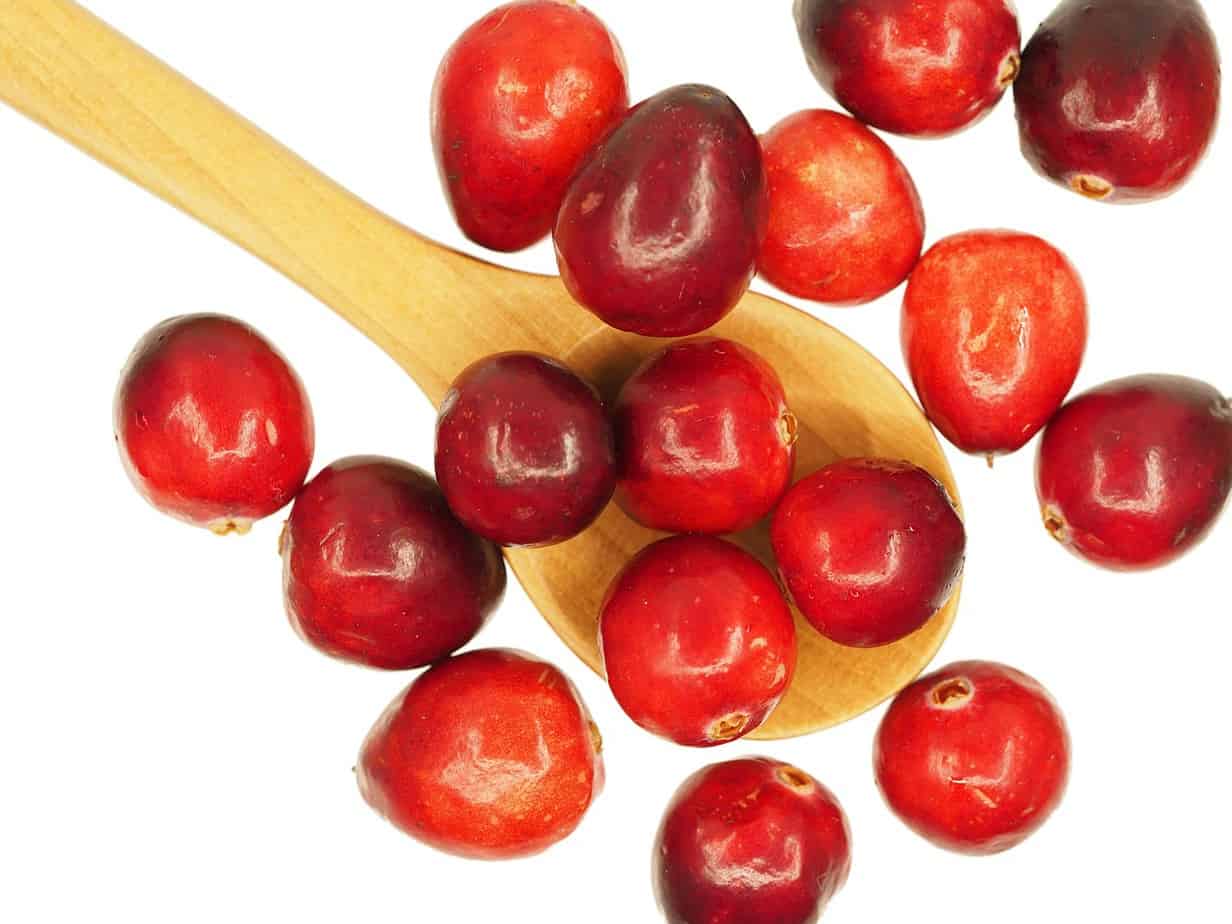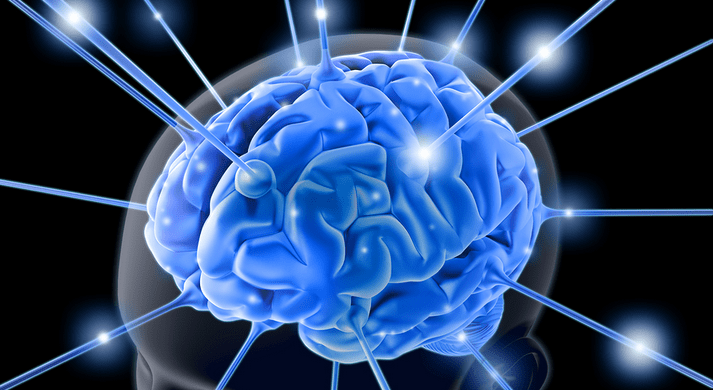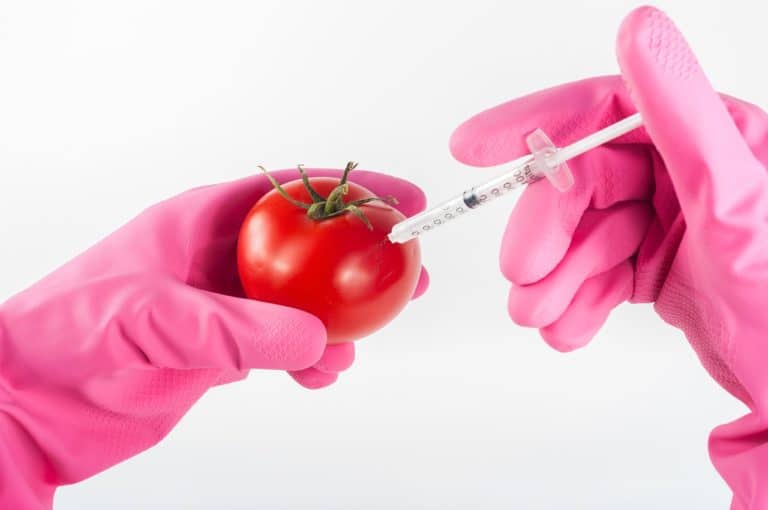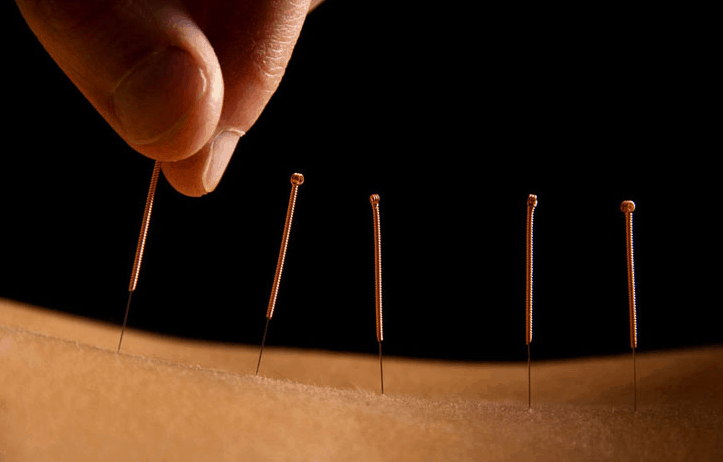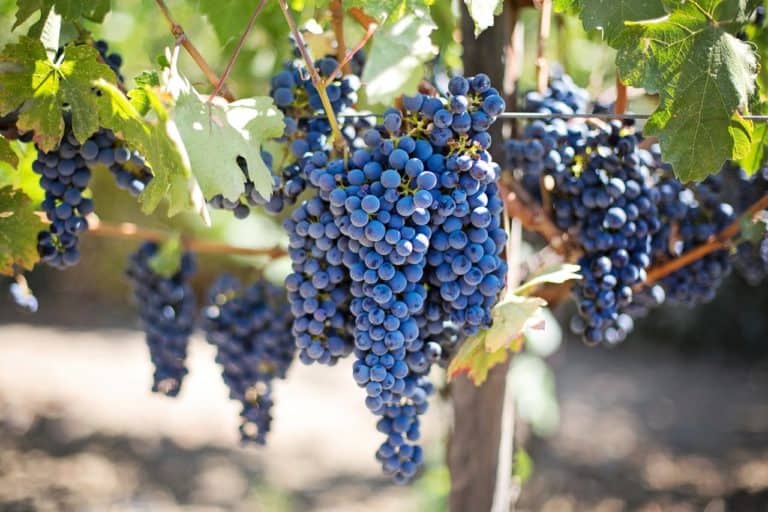Naturopaths and herbalists have opted to treat urinary tract infections with cranberries for decades. Today, patients are requesting botanical diuretics, antimicrobials and anti-adherence agents, renal protectives, and herbs for their lower urinary tract symptoms (LUTS) or BPH (benign prostatic hyperplasia) symptoms, even though these requests may be met with reservations by their urologists.
Cranberry fruit and juice are noted for their ability to inhibit the binding of pathogenic E. coli strains and other microbes to the bladder epithelium. As male baby boomers age, the prevalence of LUTS from an enlarged prostate will surely increase. LUTS refers to a complex of irritative and obstructive voiding symptoms that are common in both aging women and men.
Prostate enlargement and BPH affect primarily older men. The incidence of LUTS associated with BPH increases dramatically with advancing age. Therefore, we can expect to see a rising need for effective treatments for urinary tract symptoms.
The current conventional treatments for BPH include a drug category known as 5-alpha-reductase inhibitors, which cause hormone changes associated with unpleasant sexual side effects, especially erectile dysfunction and decreased libido. Chronic prostatitis/chronic pelvic pain syndrome (CP/CPPS), which accounts for 90% to 95% of all prostatitis cases, is a clinical entity defined as urologic pain or discomfort in the pelvic region, associated with LUTS and/or sexual dysfunction, lasting for at least three of the previous six months. Symptoms of CP/CPPS can diminish quality of life and impair physical and psychological function.
Natural treatments can provide men who are suffering with urinary tract infections or LUTS, regardless of the cause, a promising option since conventional therapies have poor success rate. Cranberries can be one of those natural treatment options. Men who are suffering with these urinary symptoms should speak with a knowledgeable healthcare provider about the use of cranberries for symptom relief.

